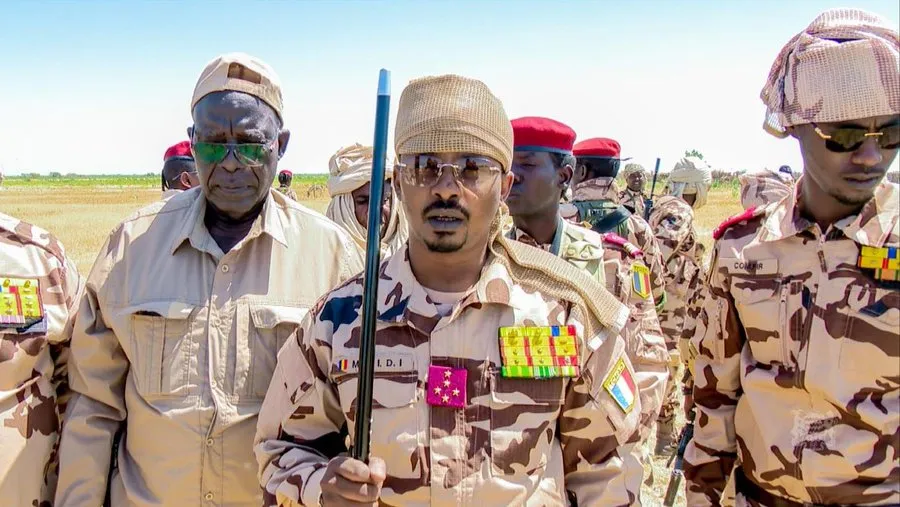Tragedy strikes as Chadian military accidentally targets fishermen in Nigeria

The Chadian military is under fire for a tragic airstrike that resulted in the deaths of local fishermen on Tilma Island, Nigeria, on the night of October 31, 2024.
The attack, which was intended to target suspected Boko Haram militants, has raised serious concerns regarding military operations in an area plagued by insecurity and armed incursions.
According to initial reports from local anti-jihadist militias, a Chadian fighter jet mistakenly targeted a group of fishermen, mistaking them for Boko Haram members.
Babakura Kolo, a leader within one of these militias, confirmed the devastating incident, explaining that the presence of the fishermen was perceived as a potential threat in the wake of a recent attack on a Chadian military base.
Just days prior to this incident, Boko Haram had launched a deadly assault on a military base in the Lake Chad region, resulting in the deaths of approximately 40 Chadian soldiers.
In response, the Chadian army escalated its aerial operations in the area in an effort to track down Boko Haram insurgents.
It was during this heightened military activity that the fatal airstrike occurred.
An anonymous Chadian officer commented on the complexities involved in military operations against Boko Haram, particularly the challenge of distinguishing between civilians and combatants.
“Boko Haram often blends in with fishermen and farmers after their attacks, making identification difficult,” he stated.
This ambiguity complicates the military’s ability to accurately identify non-combatants, leading to potentially tragic outcomes.
The Lake Chad region, bordered by Chad, Nigeria, Cameroon, and Niger, has suffered from persistent insecurity due to ongoing Boko Haram incursions.
The group has intensified its assaults on villages, military bases, and security posts, creating significant challenges for local authorities striving to restore stability.
This climate of instability fosters distrust and tension, where the slightest suspicion can result in military interventions with catastrophic consequences.
This incident has reignited discussions on the urgent need for enhanced coordination among regional military forces to prevent similar tragedies.
Observers and local anti-jihadist militias are calling on the affected governments to conduct thorough investigations and implement preventive measures to safeguard civilian populations caught in the crossfire.
About The Author
dailymailafric
I am an avid African news observer, and an active member of Daily Mail Africa.
I’m Passionate about staying informed on diverse topics across the continent,
I actively contribute to publishing on political, economic and cultural developments in Africa.



